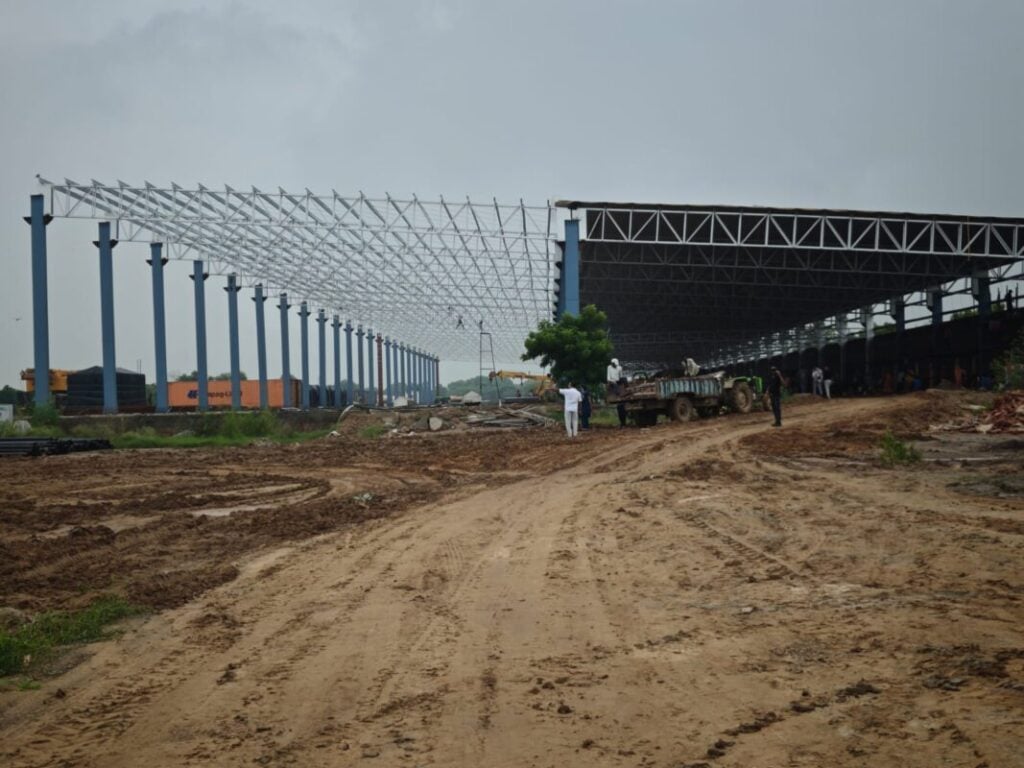
Indian solar manufacturer Gautam Solar has announced plans to expand its module manufacturing capacity to 5GW by April 2025.
The company plans to complete its module manufacturing expansion in three phases, to be completed in November 2024, January 2025 and April 2025. Gautam Solar also noted that its under-development 2GW, US$119 million (INR10 billion) tunnel oxide passivated contact (TOPCon) cell manufacturing facility, unveiled in September, will receive additional funding through an initial public offering, which the company expects to complete within the next 12-18 months.
Try Premium for just $1
- Full premium access for the first month at only $1
- Converts to an annual rate after 30 days unless cancelled
- Cancel anytime during the trial period
Premium Benefits
- Expert industry analysis and interviews
- Digital access to PV Tech Power journal
- Exclusive event discounts
Or get the full Premium subscription right away
Or continue reading this article for free
“Currently, India’s solar energy capacity stands at around 70GW, and with this expansion, Gautam Solar will account for nearly 5-7% of the country’s total capacity,” said Gautam Solar managing director Gautam Mohanka. “This initiative is not just about scaling up—it’s about driving innovation, creating new jobs and offering solar products specifically designed to meet India’s unique environmental and economic needs.”
The news is Gautam Solar’s latest announcement in the capacity additions space, following plans to double its module manufacturing capacity, first announced in September 2023. This latest announcement comes at a time of considerable growth in the Indian upstream solar manufacturing space, with Mercom India reporting that the country added 11.3GW of module manufacturing capacity in the first half of this year alone, representing around one-seventh of India’s total operating module manufacturing capacity.
Much of this growth has been encouraged by the reimposition of the Approved List of Models and Manufacturers (ALMM), a list of companies whose projects can benefit from government support. The list aims to encourage Indian companies to invest in renewable power generation technologies, such as solar panels, and was temporarily suspended last year to allow Indian manufacturers time to scale up their operations; now that the ALMM is back in place, there are significant incentives to building modules domestically.
Earlier this year, Ali Imran Naqvi, CEO of solar advisory Gensol Group, told PV Tech Power that the reimposition of the ALMM “prioritises Indian manufacturers, potentially creating a fairer playing field and incentivising domestic production,” with regards to the massive manufacturing capacity and low production costs seen in the Chinese manufacturing sector in particular.






